This article contains spoilers for Indiana Jones and the Dial of Destiny (and, incidentally, one The Flash spoiler) in its discussion of the movie’s themes and its use of nostalgia.
There is a gulf between what Indiana Jones and the Dial of Destiny is about and what Indiana Jones and the Dial of Destiny actually is.
In terms of narrative and theme, the fifth film in the Indiana Jones series is quite literally about living in the present. It joins the eponymous archaeologist (Harrison Ford) at the end of the 1960s, confronting a rapidly changing world. Following the death of his son, Mutt (Shia LaBeouf), Indy is estranged from his wife Marion (Karen Allen). He lives in a dingy apartment with noisy neighbors, working an unsatisfying teaching job from which he is retiring.
There is a sense that the character’s time has passed, both in the universe of the story and the world outside it. The character was the star of a trilogy of hugely popular throwback action movies between Raiders of the Lost Ark in 1981 and Indiana Jones and the Last Crusade in 1989. He was revived for one of the earliest of the famed “legacyquels,” with Indiana Jones and the Kingdom of the Crystal Skull arriving in cinemas years before Star Wars: The Force Awakens. Does he have much to say in 2023?
Within the context of the story, Indy’s golden days were the 1930s and the 1940s. He is a veteran of the Second World War. He is a living embodiment of “the Greatest Generation,” who is understandably lost in the tumult of the 1960s. Of course, Dial of Destiny doesn’t explore what specifically makes Indy feel out of step with the famously troubled decade. Indeed, he even breaks out a Vietnam War protest chant during one key action sequence.
Drawing on the real-life involvement of Nazis in the American space program, Dial of Destiny finds Indy embroiled in a race against time as the sinister Jürgen Voller (Mads Mikkelsen) conspires to assemble the Antikythera, the Dial of Archimedes. In a plot beat lifted directly from James Mangold’s Kate & Leopold, Voller believes that the device can identify fissures in the space-time continuum that will allow the user to travel through history. Indy and Voller are men out of time, seeking an escape.
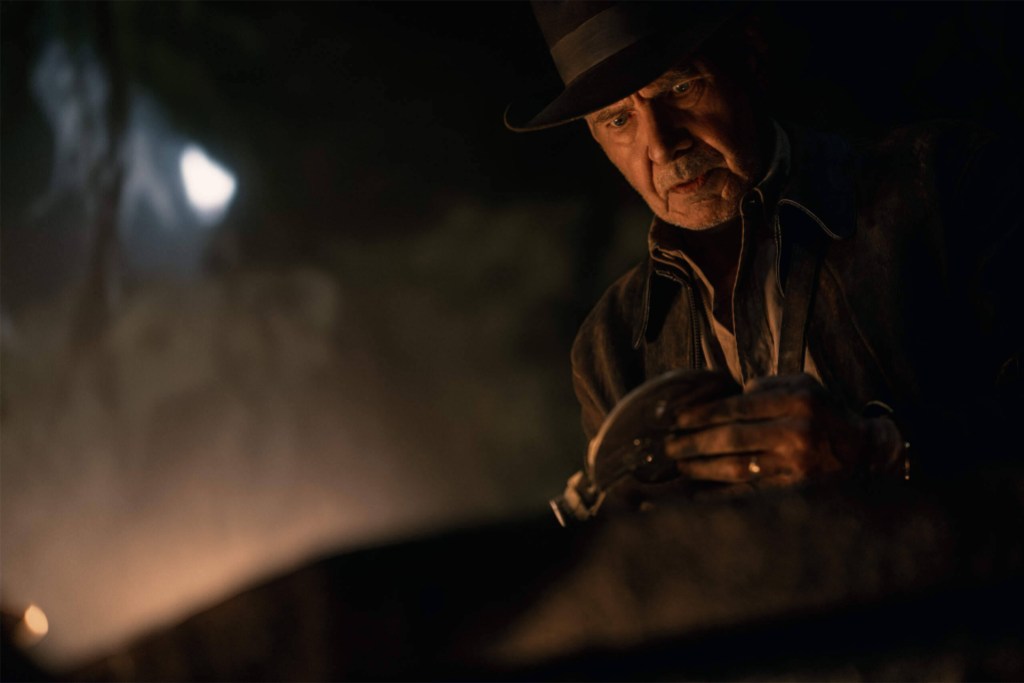
At the movie’s climax, Voller uses the Dial to take the central cast back in time to the Siege of Syracuse of 212 BC. The Nazis die horrible deaths, and Indy comes face to face with Archimedes himself (Nasser Memarzia). Indy has been shot and makes the decision to remain in this ancient world. He explains to his godchild Helena (Phoebe Waller-Bridge) that there is nothing waiting for him at home. He has given his life to preserve and document the past. He should get to live it.
In perhaps the single best moment of the movie, Helena responds to this self-pitying nonsense by punching Indy in the face, bundling him back through the time fissure, and reaching out to Marion in the hopes that the two can actually talk through their feelings together. When Indy wakes up in his dingy apartment, he asks why Helena didn’t leave him behind. “You belong here, Indy,” she states, very simply. “Here.” The message is clear; Indy must confront the future, not retreat to the past.
It’s a very timely message. So much of modern culture and politics is rooted in a suffocating nostalgia. There is a belief that the past was better, that something has been lost and that it needs to be restored. This is reflected in so much contemporary media. The third season of Star Trek: Picard got rid of its original cast to bring back the cast of Star Trek: The Next Generation. Michael Keaton and George Clooney returned (along with a host of computer-generated cameos) for The Flash.
James Mangold has clearly thought about this. Asked about the return of Hugh Jackman as Wolverine in the upcoming Deadpool 3, after Logan provided a beautiful swansong for both the actor and character, Mangold conceded such a move was inevitable, while admitting, “I can’t say that there’s a part of me that doesn’t wish that we’d let it be.” Hollywood agrees with William Faulkner, “The past is never dead. It’s not even past.” If it is dead, that can be fixed with computer-generated imagery.
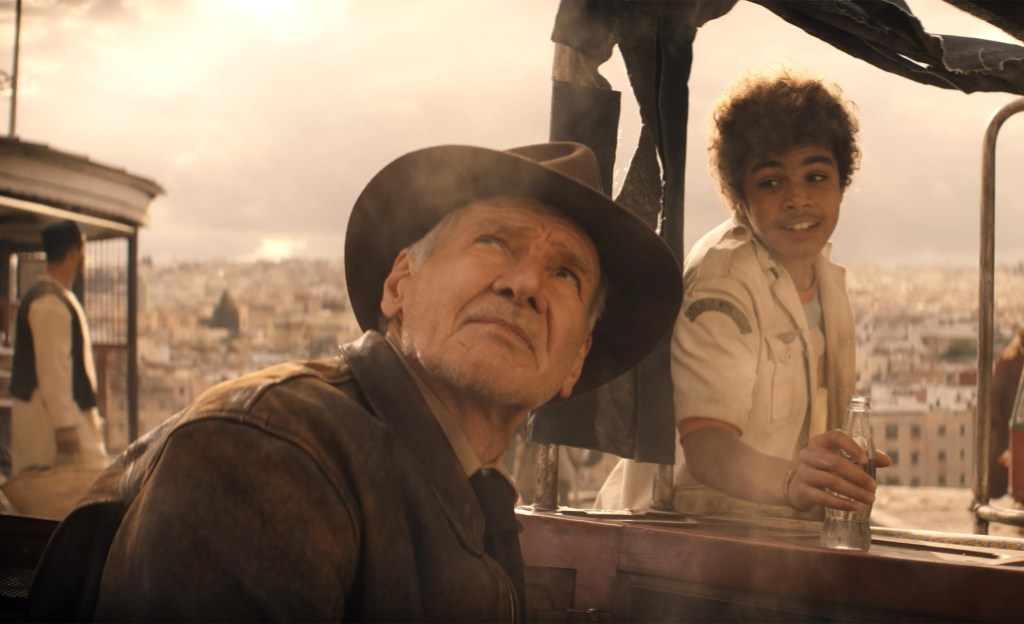
To its credit, Dial of Destiny makes it clear that nostalgia is not just a cultural force; it is a political one. It’s the subtext bubbling beneath the promise to “Make America Great Again.” It is one of the central appeals of fascism, which novelist Marilynne Robinson contends “is not a politics(;) it is a pathology compounded of nostalgia and resentment.” Voller certainly embodies this, boasting that he has spent years replaying the Second World War in his head and knows how to win it.
The battle in Dial of Destiny is the fight to preserve history rather than retreat into it. When Basil Shaw (Toby Jones) is apprehended by the Nazis trying to recover their plundered loot, he insists, “We were trying to save history.” When he manages to take control of the Antikythera, Voller offers a riff on the fascist hymn from the 1966 musical Cabaret, boasting to Indy that “yesterday belongs to us.” Dial of Destiny argues that to meddle in history, to try to control it and claim it, is monstrous.
However, this theme is at odds with what the movie fundamentally is, particularly for the first two hours of its runtime. Dial of Destiny feels like a greatest hits compilation drawn from the earlier four movies in the franchise, with a particular emphasis on the original trilogy. Perhaps as an overcorrection to the internet’s reaction to Kingdom of the Crystal Skull, Dial of Destiny seems terrified of offering audience members anything that they haven’t already seen in an Indiana Jones film.
The movie’s opening 20 minutes find Indy donning a disguise to infiltrate a castle occupied by Nazis, like in The Last Crusade. This then leads to an extended prologue action sequence on a train starring a younger version of Indy than will appear in the rest of the film, again like The Last Crusade. When Indy is chased by Voller’s goons, he escapes on horseback as they chase him using mechanized vehicles, another reminder of Last Crusade, as well as an invocation of True Lies and Adaptation.
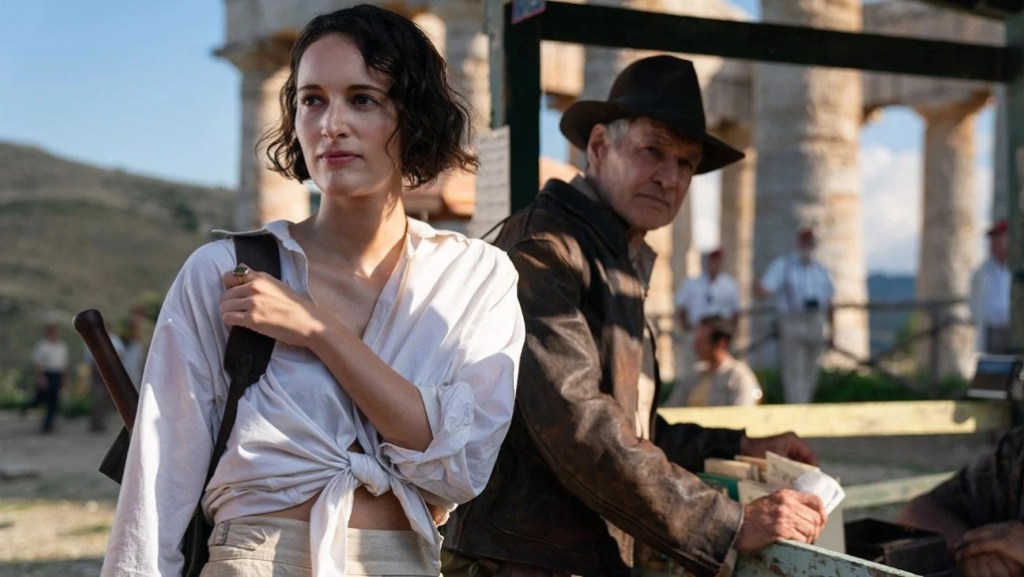
Dial of Destiny lifts beats from other Indiana Jones films. There’s a chase through a North African city, like in Raiders of the Lost Ark. Helena’s young sidekick Teddy (Ethann Isidore) recalls Short Round (Ke Huy Quan) from Indiana Jones and the Temple of Doom. At one point, Indy watches as Teddy is bundled into the back of a truck by Nazis, recalling what happens to Marion at the end of the chase sequence in Raiders of the Lost Ark. There’s even a cave full of insects, like in Temple of Doom.
It could be argued that Mangold is doing all of this to lure the audience into a false sense of security, to confront them with their own complicity in this culture of nostalgia. However, Dial of Destiny never seems quite as angry as a movie as Ridley Scott’s Alien: Covenant or Lana Wachowski’s The Matrix Resurrections. The audience is clearly meant to unironically and uncritically enjoy this recreation of familiar Indiana Jones tropes, the recycled imagery, and familiar beats. In a very literal sense, yesterday belongs to Dial of Destiny.
When Indy’s old friend Sallah (John Rhys-Davies) ruminates on their shared past, the film honestly expects the audience to share in the character’s nostalgia. “I miss the desert,” he tells Indy. “I miss the sea. I miss waking up every morning wondering what wonderful adventure the new day will bring to us.” Indy replies, “Those days have come and gone.” Sallah responds, “Perhaps. Then perhaps not.” Indy then goes on to have another “wonderful adventure,” just like those Sallah evoked. The film leans hard on the “perhaps not.”
If nothing else, Dial of Destiny is heavily invested in this nostalgia. The movie reportedly had a budget of $300 million, which means that it will have to earn at least $800 million at the global box office to break even. A lot of that money was spent on making Harrison Ford look younger. Even beyond de-aging the actor in the opening sequence, he was obviously computer-rendered on horseback. Given his age and the stunts in the film, it’s interesting to wonder how much it cost to insure him.
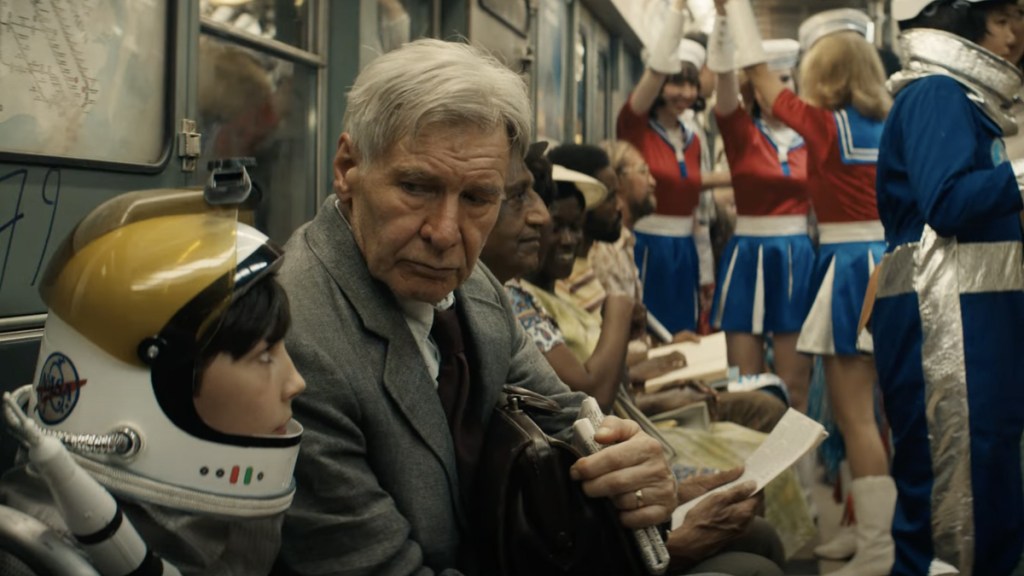
Dial of Destiny burns money illustrating the very problem that it critiques. It is trying to have its cake and eat it too. This is most obvious in its relationship with Kingdom of the Crystal Skull. On the one hand, the film largely pretends that Kingdom of the Crystal Skull never happened. In jumping from the end of the Second World War to the late 1960s, it elides that Cold War adventure. Early in the film, Indy scoffs at astronauts, in what feels like an attempt to ridicule that film’s science fiction trappings.
However, the film also tries to build its big emotional arc around the death of Indy’s son, who was introduced in Kingdom of the Crystal Skull. The internet despised the character of Mutt and LaBeouf is a complicated figure, so writing the character out by killing him off-screen feels like an attempt to appease those fans who hated the character. Mutt is never mentioned by name. The choice has big “Poochie died on the way back to his home planet” energy.
The problem arises when Dial of Destiny decides, more than an hour into the runtime, to build its emotional arc around a character that fans hated and that it wrote out off-screen. Indy confesses that Mutt’s death broke up his marriage and that he regrets not stopping Mutt from enlisting. The film is trying to have it both ways, to play off an emotional arc that is at odds with its nostalgia-pleasing impulse to pretend that Kingdom of the Crystal Skull never happened. Only some history gets to be saved, it seems.
Indeed, Dial of Destiny repeats many of the emotional arcs from Kingdom of the Crystal Skull, even while ignoring it to appease angry fans. Indy’s relationship to his goddaughter Helena mirrors his dynamic with his son Mutt. Indy’s estrangement from and later reconciliation with Marion is just a retread of Kingdom of the Crystal Skull, except Kingdom of the Crystal Skull gave Marion things to do. Even the final shot, with Indy taking back his hat, is lifted directly from Kingdom of the Crystal Skull. It is a mess of contradictions.
Dial of Destiny is not the only recent blockbuster trapped between the competing impulses of its central themes and its nostalgic fan service. The Flash is a movie about how reboots are bad, while also serving as a reboot. This feels like a logical consequence of artistic ambitions and commercial instructions being pulled to polar extremes in the production of these sorts of big-budget studio blockbusters. Dial of Destiny is a movie very much at odds with itself.

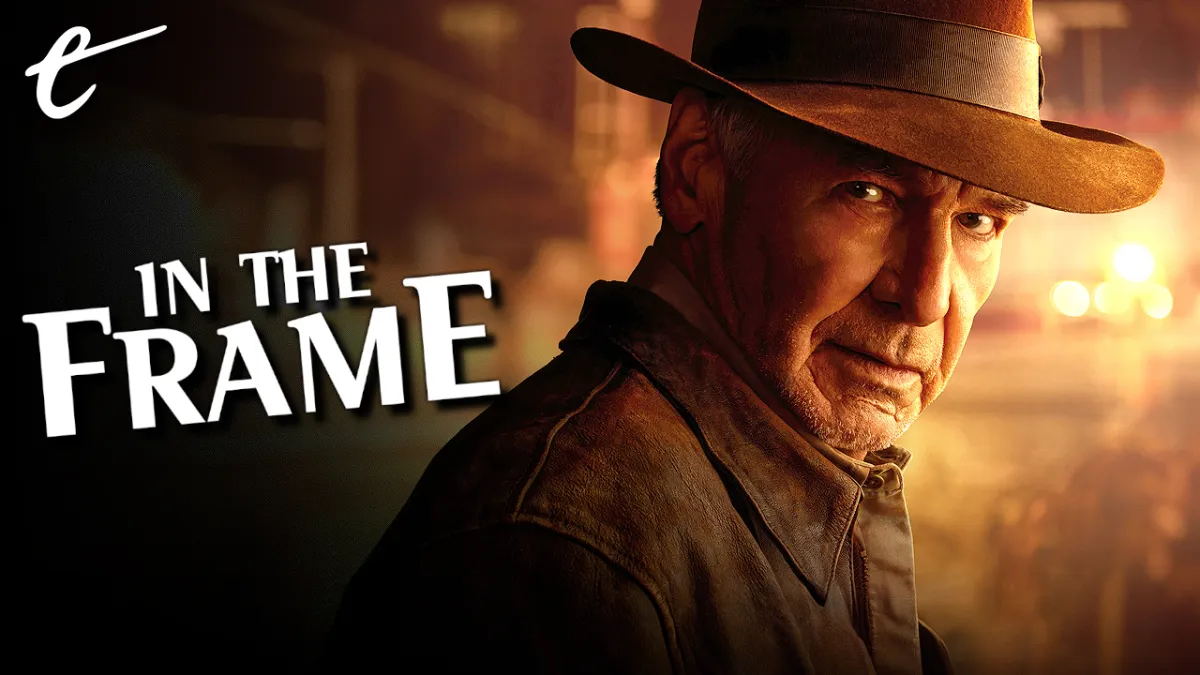




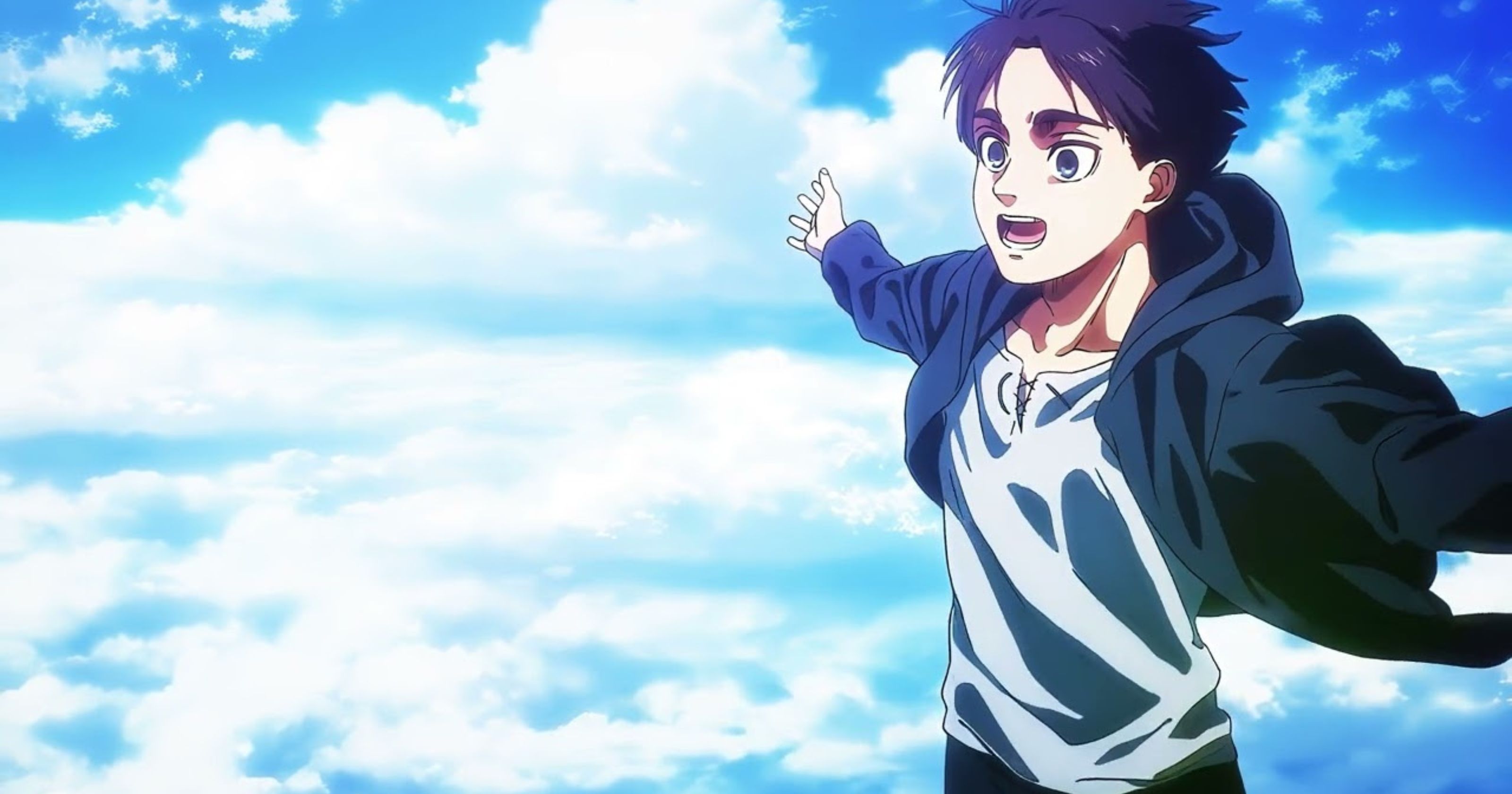
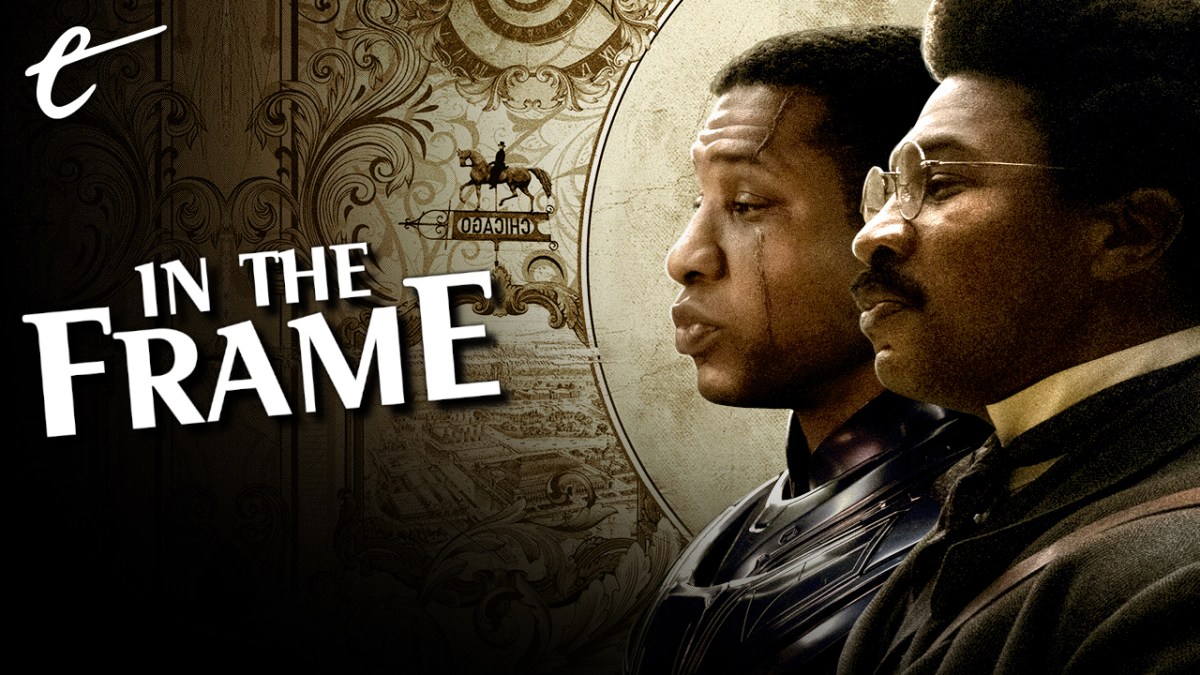

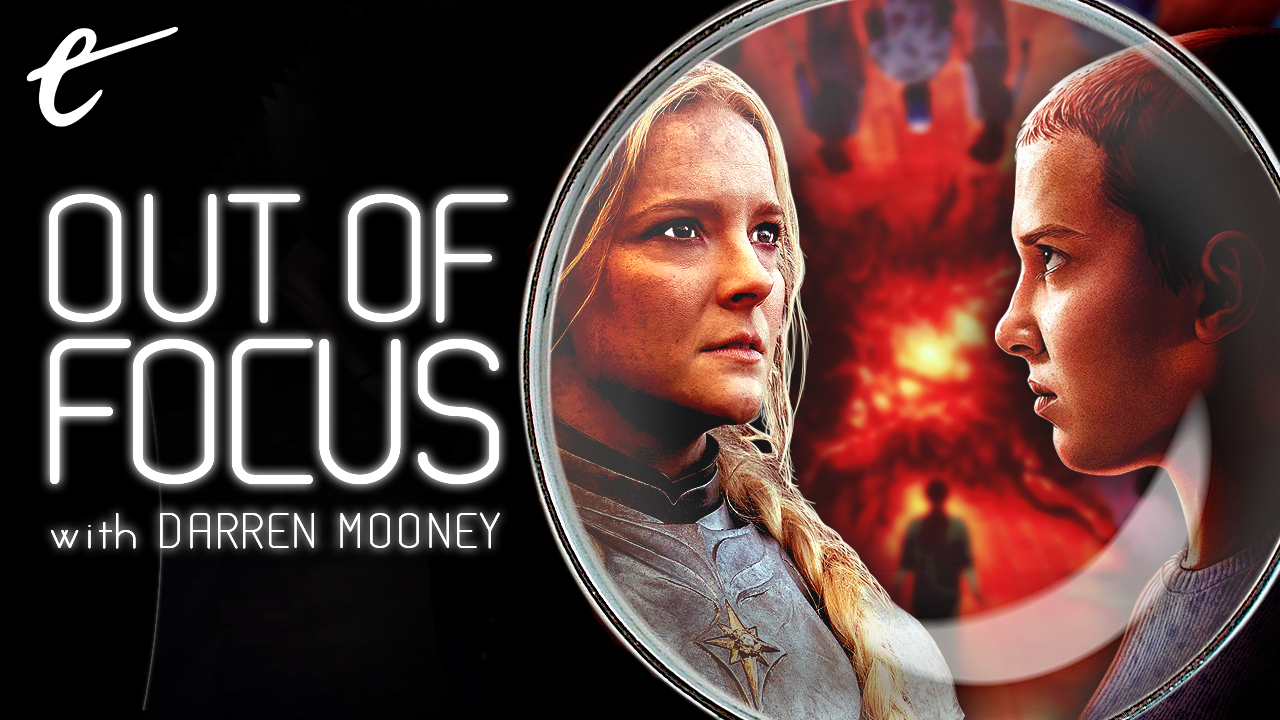
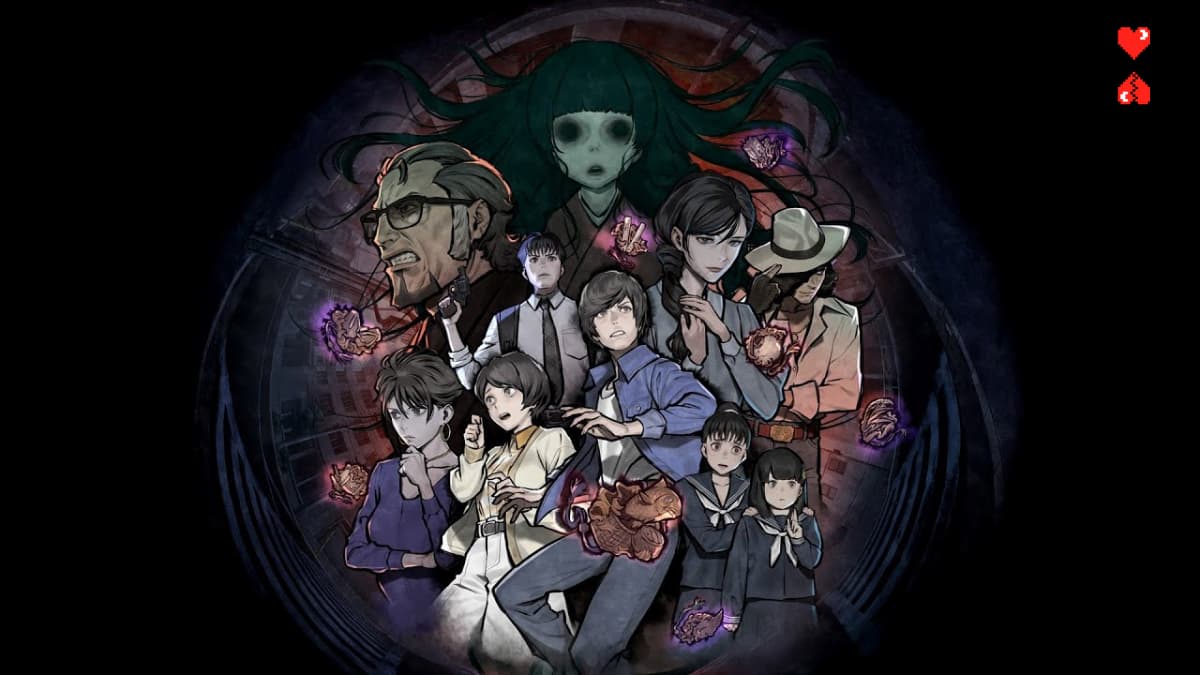
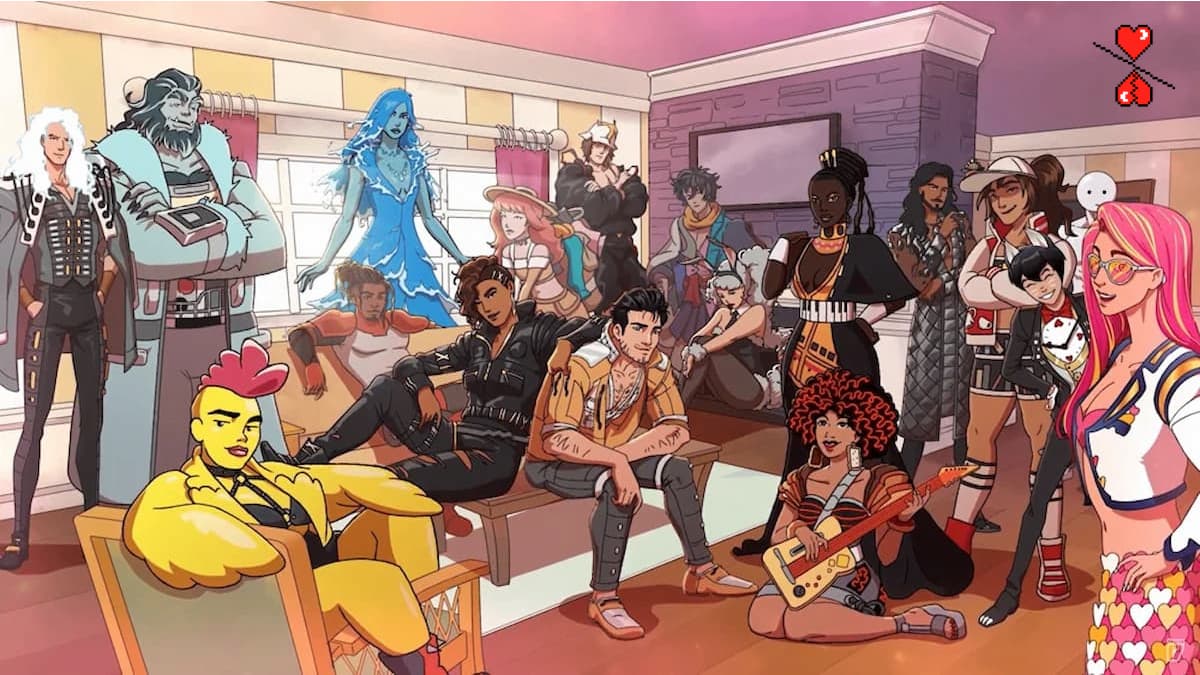


Published: Jun 30, 2023 2:57 PM UTC